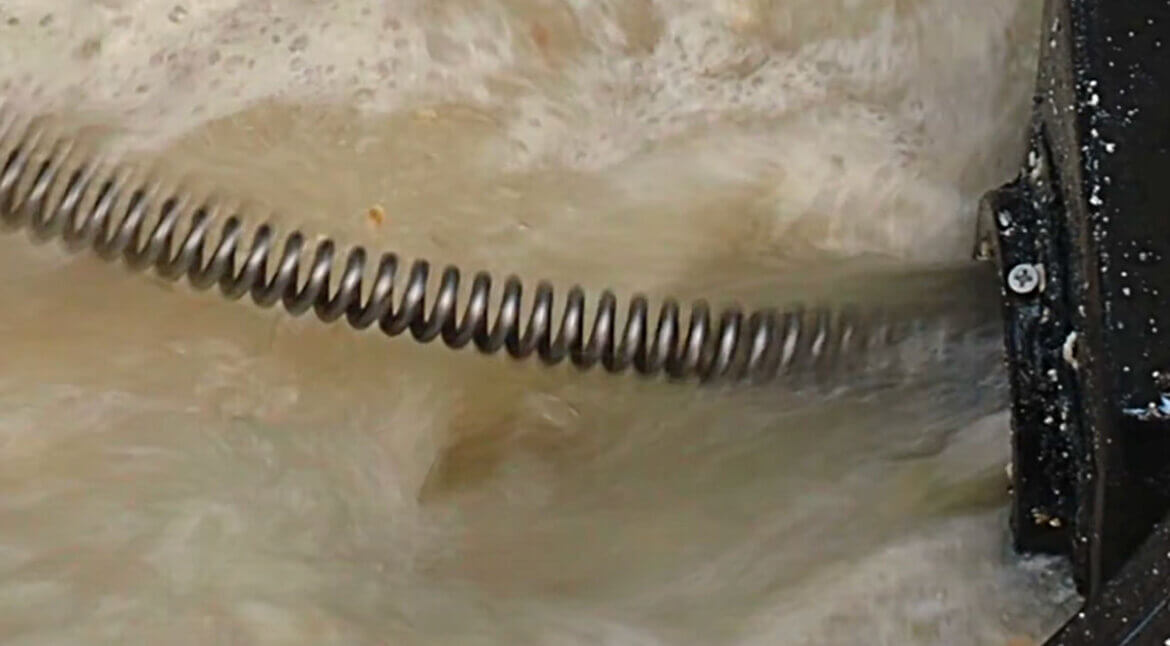If you regularly cook fried foods or notice drains slowing down in your home, a grease trap may prevent serious plumbing issues.
Learn about the basics of grease traps, signs your home needs one and the importance of having a grease trap installed by a professional plumber.
What is a grease trap and how does it work?
A grease trap is a plumbing device designed to intercept fats, oils and grease (FOG) before they enter sewer pipes.
Without a trap, FOG accumulates inside sewer pipes over time. Small daily amounts build and eventually cause total blockages of the line. If there is enough pressure on the sewer line, it could cause the line to blow.
Grease traps hold 20-50 gallons of FOG and are installed under sinks to slow water flow. This allows grease to cool, separate and float to the top while solids sink. An outlet pipe draws water from the middle, retaining most grease and solids.
Signs You Need a Grease Trap
Without a trap, FOG sticks inside pipes over time. Small daily amounts accumulate and eventually cause total blockages.
Here are indications your home requires a grease trap:
- FOG is regularly poured down the sink drain
- Slow-draining sinks
- Gurgling sounds from the pipes
- Foul odors from drains
- Finding grease outside from waste pipe overflows
In short, if your home’s kitchen regularly produces fats, oils and grease, a grease trap is needed to prevent a major problem down the line.
Why choose professional installation?
Proper grease trap placement, correctly sized piping and ventilation are key to optimal performance. DIY installs often have leaks, clogs and other problems from improper positioning or connections.
A professional plumber will:
- Assess home layout for space.
- Determine the best location to install.
- Handle compliance with building codes.
This ensures your grease trap operates safely without issues.
Maintain effectiveness with regular cleaning
Grease traps have an access lid for cleaning every month. Homeowners will need to do the following:
- Open and scrape out the grease layer on top.
- Shovel out solids settled at the bottom.
Regular maintenance will keep your grease trap working properly.
Call Plumbers 911 for expert installation
Plumbers 911 is a referral service affiliated with the best local, licensed, bonded and insured plumbing contractors in the area. They employ highly qualified plumbers who receive over 10,000 hours of training and undergo rigorous background checks.
Contact Plumbers 911 to have an expert assess your home and determine if a professionally installed grease trap can prevent plumbing headaches down the road.


